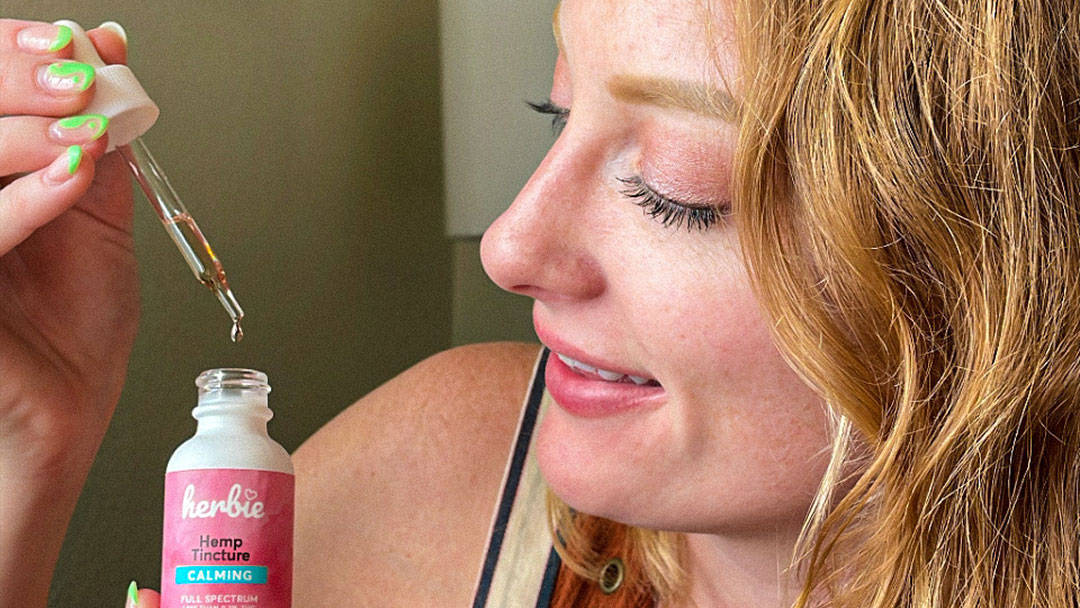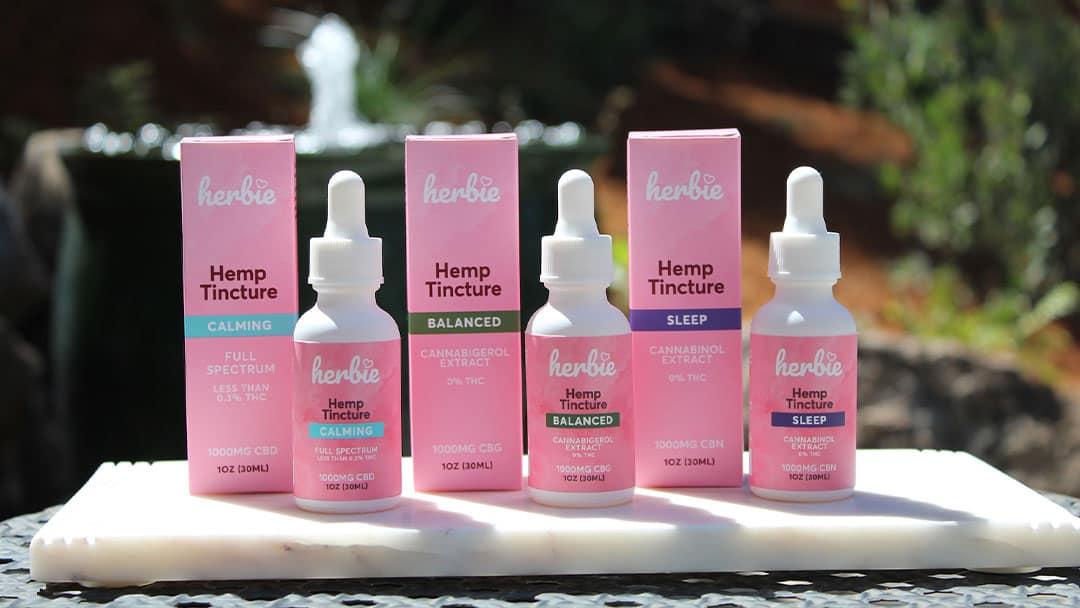What Is CBG Oil? Uses and Benefits

You’ve heard of cannabidiol (CBD)—one of the main compounds found in the cannabis plant—but what about cannabigerol (CBG)? As CBD becomes more popular for the many potential health benefits studies are showing, another cannabinoid is gaining traction: CBG.
Related: What Are Cannabinoids?
This lesser-known compound may also offer a range of benefits, and as more studies begin to come out, it’s getting more attention from people curious about CBD and related products.
Let’s explore CBG, its uses, benefits, and more.
What Is Cannabigerol (CBG)?
Like CBD, CBG is a cannabinoid naturally present in the cannabis plant. It’s often called the “mother of all cannabinoids;” every other cannabinoid in the plant comes from cannabigerolic acid (CBGA), a form of CBG.
When heated, CBGA breaks down to form THC, CBD, CBC, and CBG.
CBG is found in lower quantities than most other cannabinoids—while a plant may contain 20-25% CBD, it will typically only have around 1% CBG. And while CBG is becoming more popular, it can be challenging (and expensive) to find due to its scarcity in the plant.
How Is CBG Different from CBD?
CBG and CBD are both non-intoxicating cannabinoids, meaning they don’t get you “high” like THC or other cannabis products. According to this study, the two compounds interact with our bodies similarly and target the same receptors.
However, CBG seems to have a slightly different function and potential health benefits than CBD. We’ll talk more about this later.
The primary difference between CBG and CBD is that much more research has been performed on CBD than on CBG. With its rising popularity, we’ll likely see more studies surface soon.
Related: CBD—A Beginner’s Guide
How Is CBG Made?
CBG comes from young cannabis plants; they contain higher levels of CBG than fully-developed ones. In addition, some cannabis strains naturally have more CBG than others, resulting in strains grown specifically to produce a higher CBG content.
Both THC and CBG start as CBGA, which is why the younger plants often contain higher concentrations of the compound. However, when the plants mature, most of the CBG gets converted into THC and CBD—the two cannabinoids with the highest concentration.
Due to the challenges of cultivating CBG, many growers experiment with genetic manipulation and cross-breeding to produce more CBG.
Why Is CBG Scarce?
Because of how difficult producing CBG is, it’s very scarce—CBG is much harder to cultivate than other cannabinoids like CBD and THC. And because CBG and CBD share similar properties, many manufacturers stick to producing CBD due to its ease.
When manufacturers produce CBG, the products they create are more expensive than similar CBD products. However, because of its potential benefits, we’re seeing more research into easing the production of CBG, making it more widely available.
How Does CBG Affect the Body?

CBG, like other cannabinoids, is processed in our body’s endocannabinoid system (ECS). This system is made of receptors that aim to keep our body in homeostasis regardless of the external environment. CBG imitates the natural compounds that our bodies produce.
The ECS has two receptors: CB1 and CB2, which are located in the brain and nervous system, and immune system, respectively. CBG binds to those receptors.
Will CBG Get You High?
No, CBG will not get you high like THC—it’s not psychoactive. However, that doesn’t mean CBG doesn’t affect your cognition, but it’s much different than the high that cannabis products produce.
Possible Side Effects of CBG
The reported side effects of CBG are relatively mild and include:
- Dry mouth: CBG may reduce saliva production.
- Dizziness: CBG may cause dizziness if you’re sensitive to the cannabinoid or used too much.
- Nausea: CBG may cause nausea; it’s recommended to drink fluids and eat regular meals throughout the day when taking CBG.
- Anxiety: Rarely, CBG may cause increased anxiety.
Possible Benefits of CBG
While the research on CBG’s benefits are limited, some studies suggest that it can offer various benefits for the following health conditions:
- Appetite loss: According to a 2016 study, CBG may stimulate the appetite, helping with conditions like HIV and cancer, where many patients struggle to regain their appetite.
- Bacterial infections: In 2008, a study found that CBG can kill bacteria, including MRSA, which can cause drug-resistant staph infection and is notoriously difficult to treat.
- Bladder dysfunctions: Some cannabinoids can affect contractions of the bladder, and a 2015 study that looked at five different cannabinoids found that CBG shows the most promise for treating bladder dysfunctions.
- Cancer: In 2014, one study concluded that CBG might be able to reduce the growth of tumors and cancerous cells.
- Glaucoma: Medical cannabis has been used to treat glaucoma in the past, and one study suggests that CBG is partly responsible for its efficacy by reducing intraocular pressure.
- Huntington’s disease: According to a 2015 study, CBG may have neuroprotective properties that can help with associated conditions, including Huntington’s disease.
- Inflammatory bowel disease: In a 2013 study, researchers found that CBG seemed to reduce people’s inflammation with inflammatory bowel disease experience.
How Is CBG Used?
The most common way to consume CBG is with CBG tinctures or oils. You can also get some of the potential CBG benefits from using broad-spectrum CBD products; they contain all of the cannabis plant’s cannabinoids, including CBG, without THC.
Using cannabinoids together can increase each one’s effectiveness due to a phenomenon known as the entourage effect.
Related: Tinctures vs. Gummies vs. Hemp Flower
CBG Might be a Viable Alternative for Improved Wellness

CBG is becoming increasingly more popular, and the potential benefits look promising. However, the research around CBG is still quite limited, but more studies are surfacing. When shopping for CBG products, it’s crucial to check that the manufacturer has their products tested by a third-party lab to ensure quality and purity.
If you’re interested in trying CBG, we carry high-quality CBG gummies and tinctures. Another option to try CBG and get its potential benefits is by using a full-spectrum CBD tincture that contains both CBD, CBG, and other cannabinoids, which we also offer.
Come visit us at Herbie for all of your CBG and CBD needs—all of our products are tested by an independent lab, and you can view the analysis of each one on our website.
